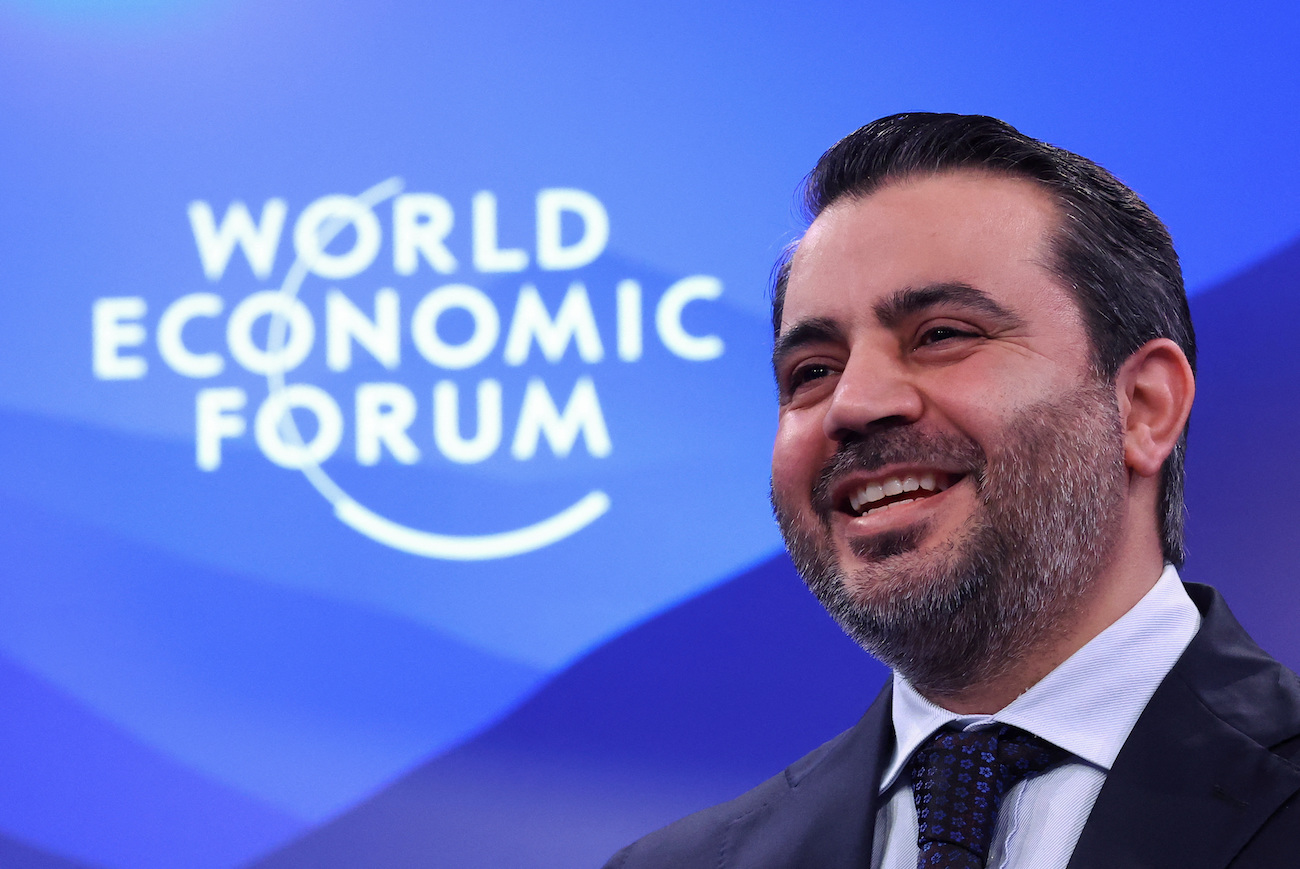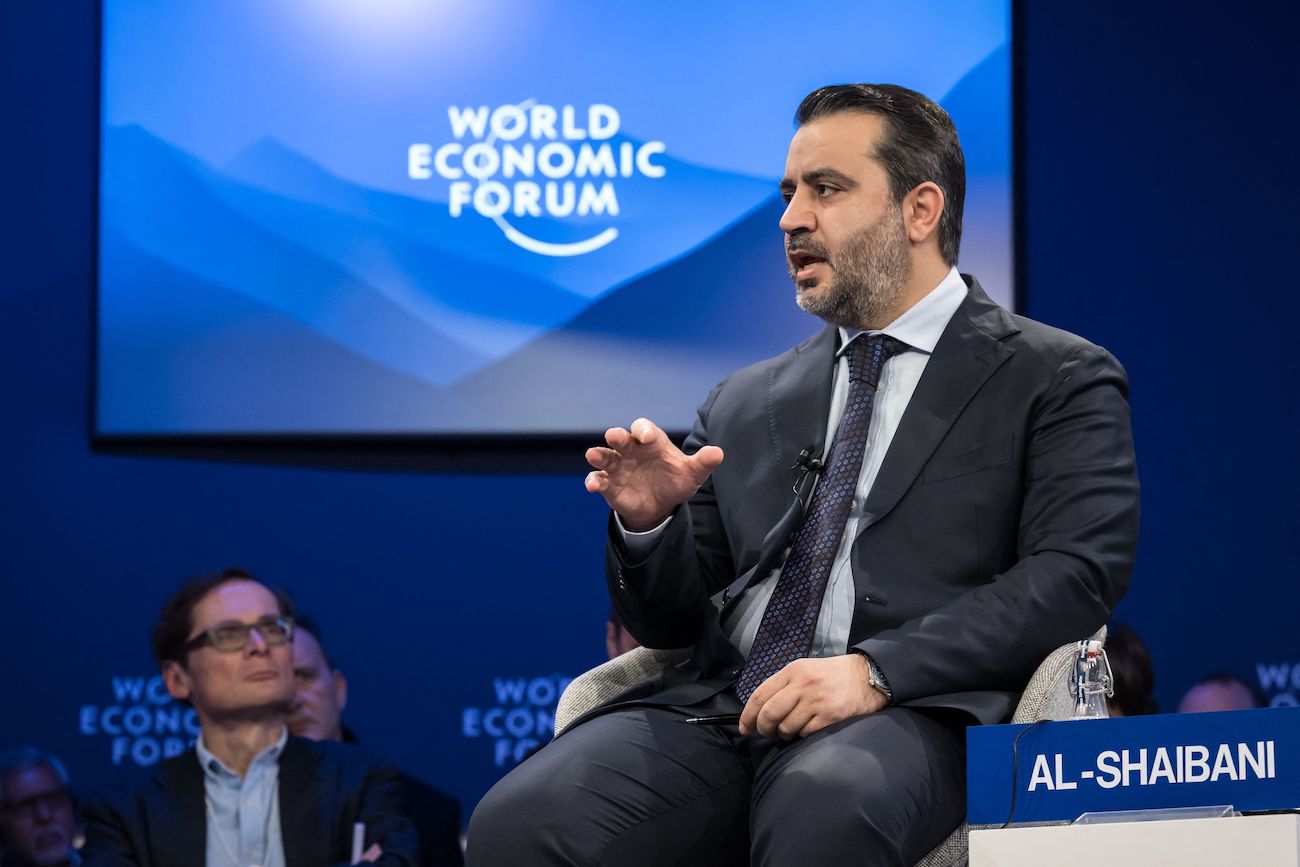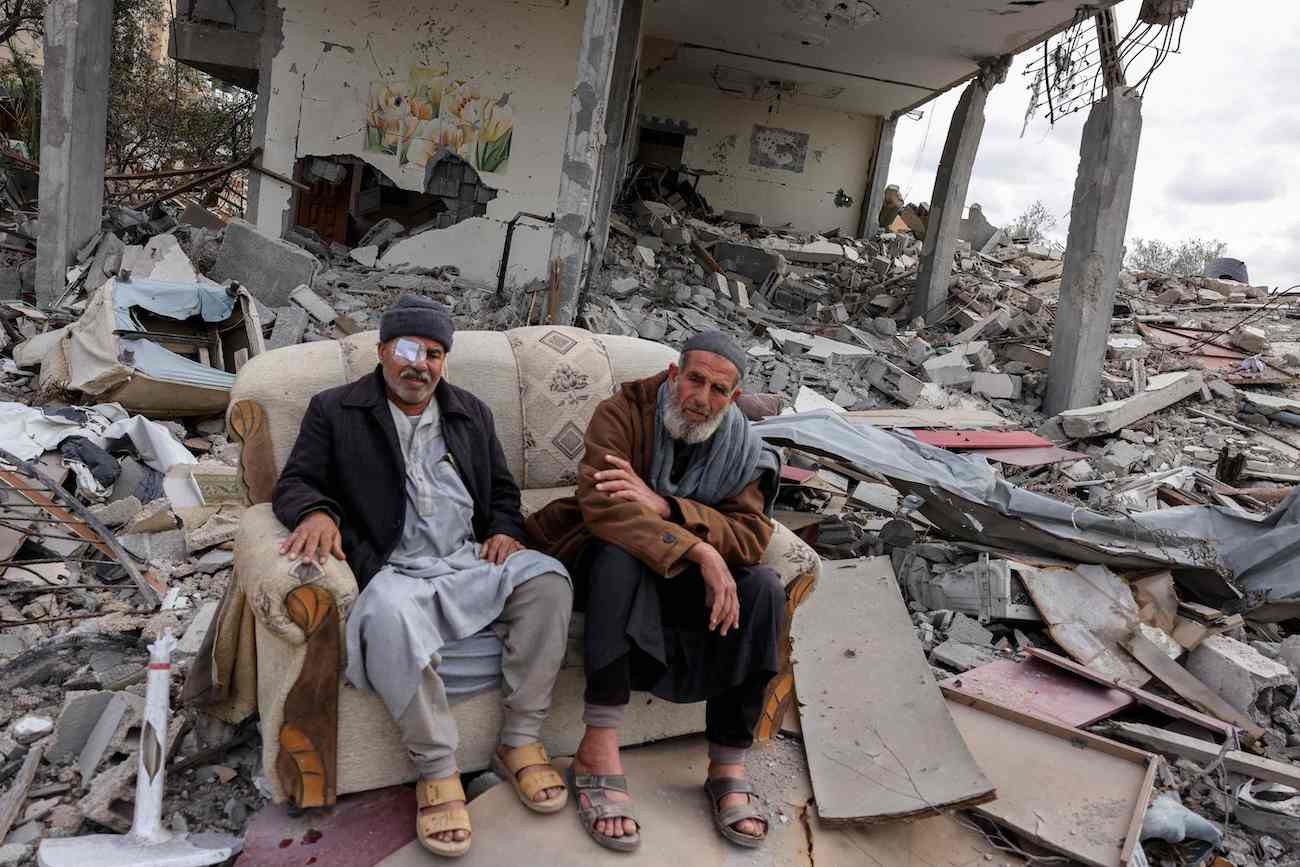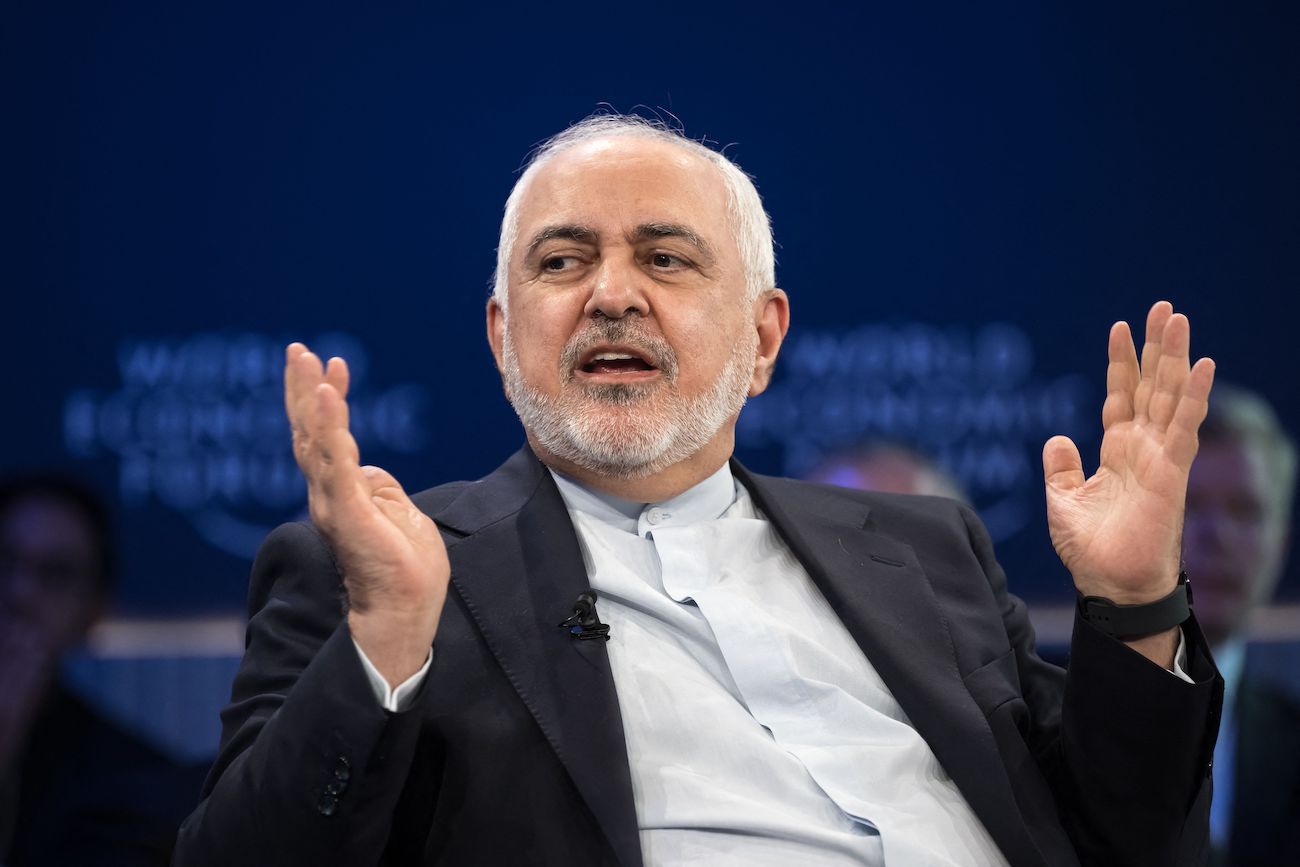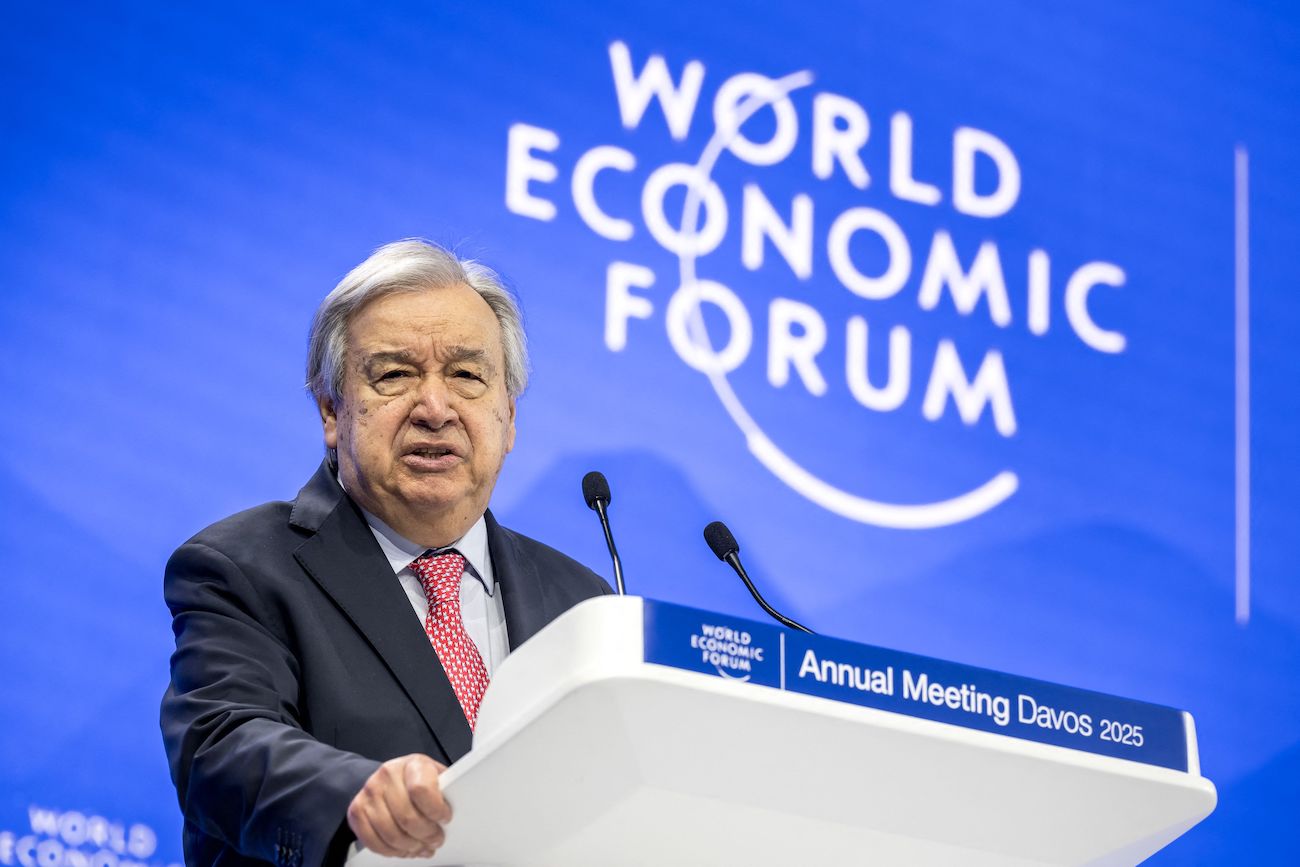JERUSALEM: Prime Minister Benjamin Netanyahu said Thursday that a US threat to withhold some arms would not prevent Israel from continuing its offensive in Gaza, indicating it might proceed with an invasion of the packed city of Rafah against the wishes of its closest ally.
President Joe Biden has urged Israel not to go ahead with such an operation over fears it would exacerbate the humanitarian catastrophe in the Palestinian enclave. On Wednesday, he said the United States would not provide offensive weapons for a Rafah offensive, raising pressure on Netanyahu.
But in a statement released Thursday, Netanyahu said “if we have to stand alone, we will stand alone. If we need to, we will fight with our fingernails. But we have much more than fingernails.”
Israel’s top military spokesman, Rear Adm. Daniel Hagari, also appeared to downplay the practical impact of any arms holdup. “The army has munitions for the missions it plans, and for the missions in Rafah, too — we have what we need,” he said in response to a question at a news conference.
Israel has repeatedly threatened to invade Rafah, where some 1.3 million Palestinians — over half the population — have sought refuge. The city in southern Gaza is also the main hub for humanitarian operations, which have been severely hindered by the closure of Gaza’s two main crossings this week.
Israel says Rafah is the last stronghold of Hamas and that the army must go in if it hopes to dismantle the group and return scores of hostages captured in the Oct. 7 attack that triggered the war.
In an earlier response to Biden’s decision, Israel’s far-right National Security Minister Itamar Ben-Gvir wrote a post on the platform X with a heart between the words “Hamas” and “Biden.” He and other ultra-nationalist members of Netanyahu’s coalition support a large-scale Rafah operation and have threatened to bring down his government if it doesn’t happen.
Aid groups say a Rafah invasion would be catastrophic. The UN says most of the territory’s 2.3 million Palestinians suffer from hunger and that northern Gaza is already experiencing “full-blown famine.”
Even the limited operation Israel launched earlier this week, in which a tank brigade captured the Gaza side of the Rafah border crossing with Egypt, has thrown humanitarian operations into crisis.
It also complicated what had been months of efforts by the US, Qatar and Egypt to broker a ceasefire and the release of hostages. Hamas this week said it had accepted an Egyptian-Qatari ceasefire proposal, but Israel says the plan does not meet its “core” demands. Several days of follow-up talks appeared to end inconclusively on Thursday.
Some analysts said Biden’s tough line against Israel, and the rift between the allies, threatened to weaken Israel’s negotiating position and harden Hamas’ stances. Hamas has demanded guarantees for an end to the war and a full Israeli withdrawal from Gaza as part of any deal — steps Israel has ruled out.
“It sends a discordant message at a time when Hamas is holding out on a hostage deal in the hopes that pressure will grow on Israel and it will gain a ceasefire without having to give anything in return,” said the Israel Policy Forum, a pro-Israel organization based in New York.
The war began with Hamas’ surprise attack into southern Israel, in which it killed some 1,200 people, mostly civilians, and took another 250 hostage. The militants are still holding some 100 captives and the remains of more than 30 after most of the rest were released during a ceasefire last year.
The war has killed over 34,800 Palestinians, mostly women and children, according to the Gaza Health Ministry. Israel’s offensive, waged with US-supplied munitions, has caused widespread devastation and forced some 80 percent of Gaza’s population to flee their homes.
Israel’s capture of the Rafah crossing Tuesday forced the closure of a key entry point for fuel, and it’s unclear when it will reopen. The UN agency for Palestinian refugees, known as UNRWA, said it only has enough stocks to maintain operations for a few days and has started rationing.
Israel reopened its side of the nearby Kerem Shalom crossing — Gaza’s main cargo terminal — after a rocket attack over the weekend, but UNRWA, the main provider of aid in Gaza, says aid cannot be brought in on the Palestinian side because of the security situation.
A recently reopened route in the north is still functioning, but only 60 trucks entered on Tuesday, far below the 500 that entered Gaza each day before the war.
The first aid ship bound for an American-built floating pier to be installed in Gaza departed early Thursday. But it’s unclear when that corridor will be up and running, and even then it won’t be able to handle as much aid as Gaza’s two main land crossings.
Maj. Pete Nguyen, a Pentagon spokesman, said Thursday that parts of the pier are still in the Israeli port of Ashdod awaiting more favorable seas before being moved into position off Gaza. He said the US vessel Sagamore, which left Cyprus, would transport aid to another ship, the Roy P. Benavidez, which is off the coast of Gaza.
“In the coming days, the US will commence an international community-backed effort to expand the delivery of humanitarian assistance to the people of Gaza using a floating pier,” he said.




















